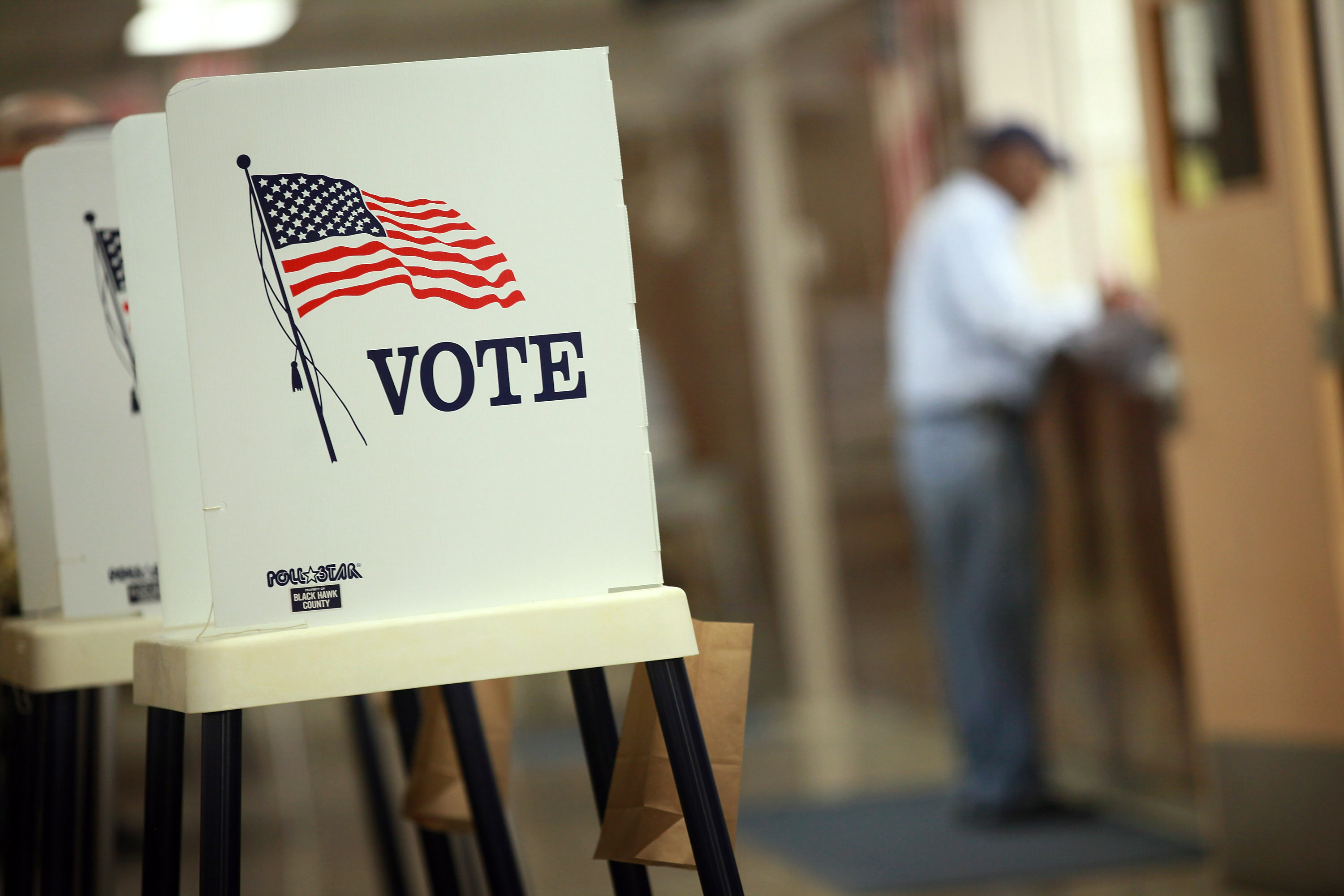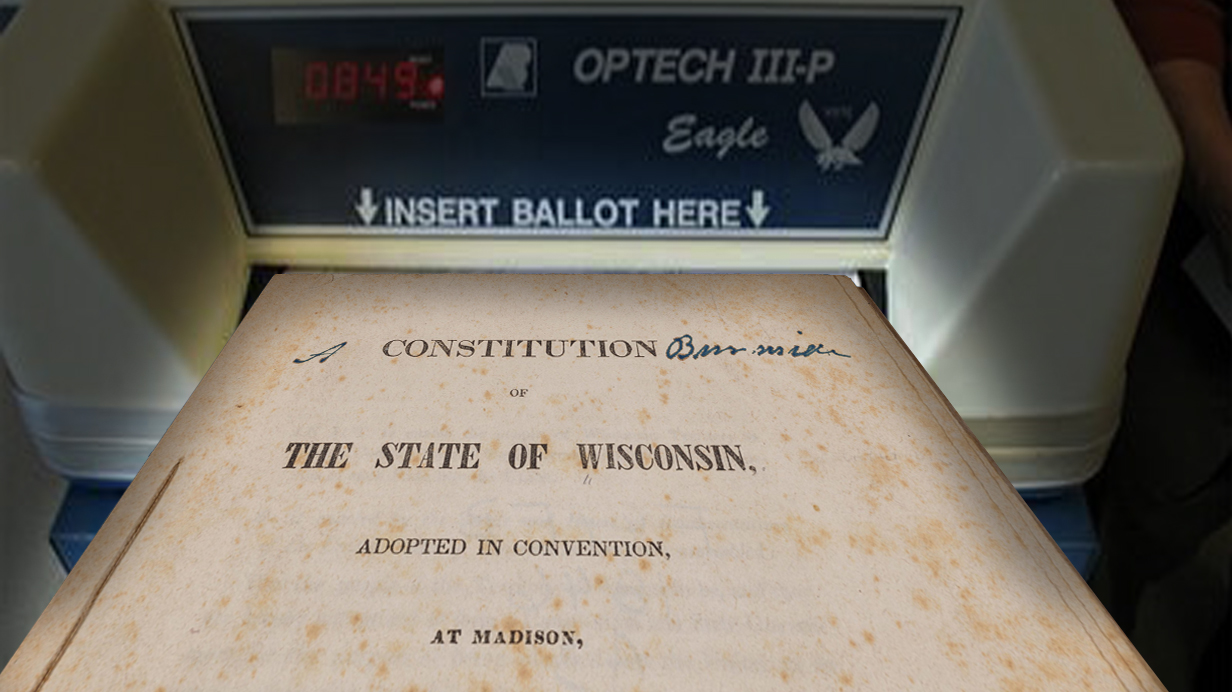By Christian D’Andrea
MacIver Institute Education Policy Analyst
Recently, debate has swirled around the Milwaukee Parental Choice Program (MPCP) thanks to a lawsuit filed by the American Civil Liberties Union and Disability Rights Wisconsin. The suit suggests that the city’s voucher program “discriminates against students with disabilities” and segregates students between the voucher program and traditional public schools.
While part of the suit is based on the personal experiences of some families in Milwaukee, another points to the makeup of the MPCP’s student population to suggest that vouchers don’t serve special needs students. Since a smaller percentage of these children receive vouchers than the Milwaukee public school population, the suit argues, the program segregates a portion of students from the state-sponsored program.
However, data from the state’s audit of student transfers in Milwaukee shows that the MPCP isn’t any more selective than the public school open enrollment program. In fact, it may be less so.
The Wisconsin Legislative Audit Bureau (LAB) recently released information that suggests that the MPCP is less selective than the city’s open enrollment program when it comes to including special needs students in their classrooms. In 2010-2011, 9.4 percent of students that transferred between public schools via open enrollment were special education students. There is no designation made between physical handicaps and learning disabilities in the LAB’s audit.
This figure of 9.4 percent is the highest percentage seen in open enrollment in the past 13 years. In the 1998-99 school year, only 6.9 percent of open enrollment students were designated as requiring special education.
In the MPCP, 2.7 percent of students have physical handicaps, according to numbers cited by the School Choice Demonstration Project – a non-partisan group tasked with tracking student progress in both the MPCP and MPS. Another 8.7 percent of voucher students have learning disabilities. Assuming that there is no overlap, this suggests that 11.4 percent of students in the choice program have disabilities that would put them in special education track.
It’s also notable to point out that the SCDP also makes note of a higher likelihood for students in regular public schools to earn “learning disabled” labels:
“Discussions with our Milwaukee Principal Advisory Panel indicated that MPCP school personnel are less likely to identify slow learners specifically as “learning disabled” than are MPS school personnel. It is possible that some or even all of this large difference in the reported rates of learning disabled students across the two groups is due to this difference in labeling practices and not necessarily because MPCP schools are serving fewer learning disabled students.”
As a result, it would seem that the city’s open enrollment program enrolls a similar number – if not less – of special needs students than the voucher program. However, only the MPCP is being targeted by a ACLU lawsuit that suggests the program is discriminatory. Does this mean that this suit is more politically motivated than it appears at face value?
This begs another important question – are Milwaukee’s vouchers discriminating against special needs students, or is it just that a below-average number of these students are looking to transfer from their regular public schools? This experience within the city’s open enrollment program seems to point to the latter.




